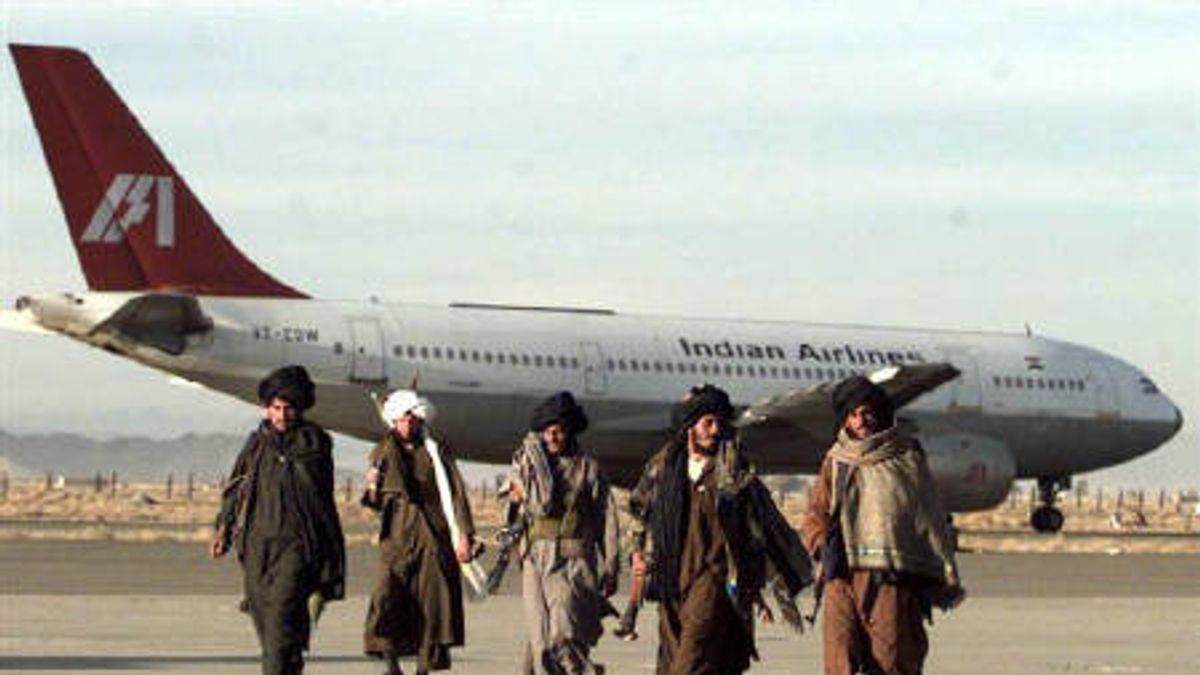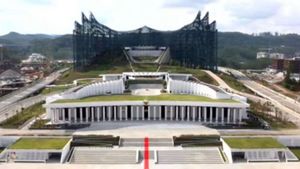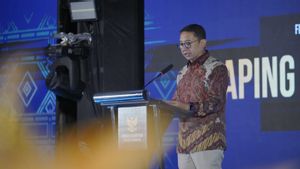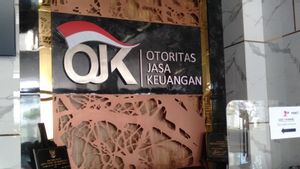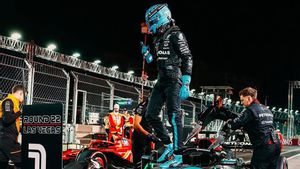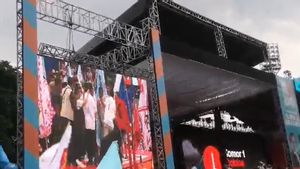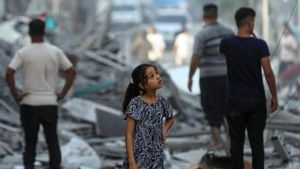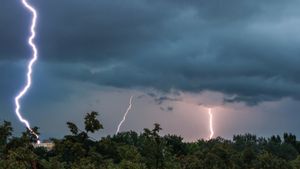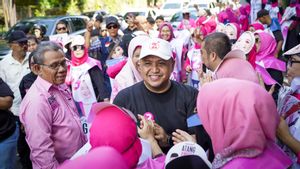JAKARTA - Entering the 21st century, an incident occurred where five members of the Harkat-ul-Mujahideen took an India Airlines plane hostage. They are an extremist group based in Pakistan. This hostage-taking made the Indian government to its knees to the terrorists and tarnished its government's ability to deal with acts of terror.
The reason is, to end the hostage crisis, the Indian government led by Prime Minister Atal Bihari Vajpayee surrendered to terrorists. The Indian government complied with the hijackers' demands to release three of its militant comrades they had arrested. The terrorists, numbering only five, managed to escape inspection of the plane, then were able to hijack it and force the government to comply with their demands.
ChronologyAs quoted by India.com, the incident began on December 24, 1999. At that time, Indian Airlines 814 or commonly known as IC 814, flew from Tribhuvan International Airport in Kathmandu, Nepal to Indira Gandhi International Airport in Delhi.
In that plane there were at least 176 passengers and 15 crew members. The plane was piloted by Captain Devi Sharan.
When it was 5.30pm and the plane was over Indian territory, one of the five terrorists threatened to blow up the plane with a bomb and ordered the pilot to fly west. Meanwhile four other people wearing red masks took positions across the plane and took 191 people hostage.
The hijackers then asked Sharan to divert the plane past Lucknow and towards Lahore. However, due to insufficient fuel, they agreed to land at Amritsar.
When the plane landed in Amritsar, armed Punjab police personnel were ready to storm the plane. But the Crisis Management Group in Delhi ordered them not to because they didn't want any victims.
Seeing the threat of police attack, the plane was then directed to fly back to Lahore. They flew without having time to refuel, so they had to make an emergency landing in Lahore.
Initially, the Pakistani government refused permission for Indian Airlines to land at Lahore Airport by turning off all lights at the airport. But they don't care, and still try to land.
The pilot of the plane who got the sap. Captain Sharan, pressured by the hijackers to land relying on his visual instincts and began descending on what he thought was a runway.
Realizing the plane had no other choice, Lahore Airport finally turned on the lights and allowed the plane to land. They then refueled in Lahore and allowed him to leave the airport.
The destination of their trip this time is Dubai Military Airport. There, the hijackers released 27 of the passengers.
The final roundAgain, the hijackers' plan went smoothly, until finally they asked the pilot to land his plane in Kandahar, Afghanistan. When the plane landed the Taliban militants surrounded the plane.
The Taliban claims its operation is an attempt to prevent the hijackers from killing the hostages. But then there are allegations it was done to prevent the Indian military from carrying out an arrest operation against the hijackers.
In order to attract international media attention, the Taliban took the role of mediator between the hijackers and the Indian government. The hijackers ultimately demanded the release of three of its militant members: Mushtaq Ahmed Zargar; Ahmed Omar Saeed Sheikh and Maulana Masood Azhar.
Having no other choice, Indian Foreign Minister Jaswant Singh went to Kandahar with the prisoner. After the three militants landed in Kandahar, the hijackers released the hostages on the plane.
And right on this day December 31, 1999, 21 years ago, the hostages who were released were sent home by special aircraft. The five hijackers then left with the Taliban hostage to ensure their journey was safe.
After the incident, India's Central Bureau of Investigation (CBI), investigated the case and prosecuted 10 people including five hijackers who were still on the run and were in Pakistan. Meanwhile, the other three people involved, Abdul Latif, Yusuf Nepali and Dilip Kumar Bhujel were found guilty by the special anti-piracy court Patiala House and sentenced to life imprisonment.
The English, Chinese, Japanese, Arabic, and French versions are automatically generated by the AI. So there may still be inaccuracies in translating, please always see Indonesian as our main language. (system supported by DigitalSiber.id)
